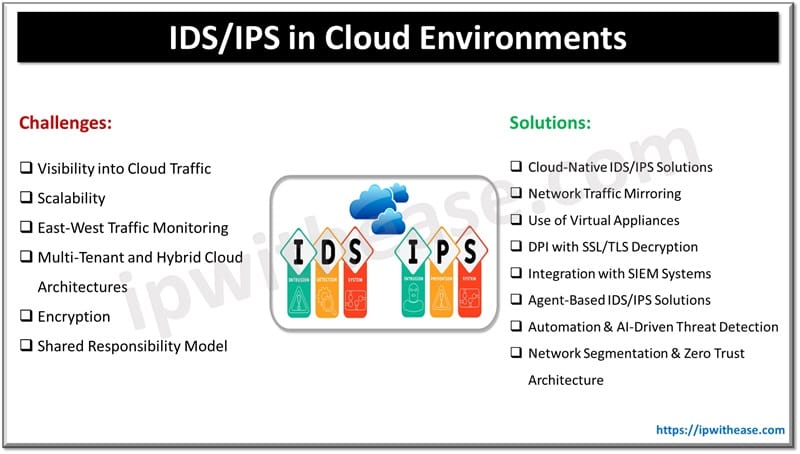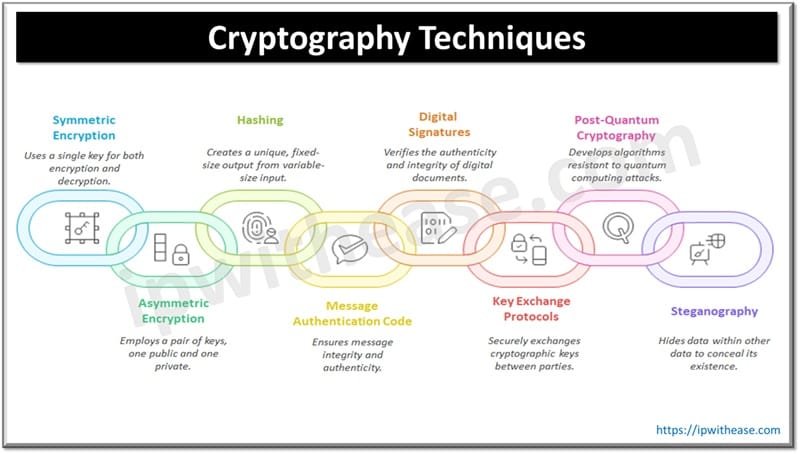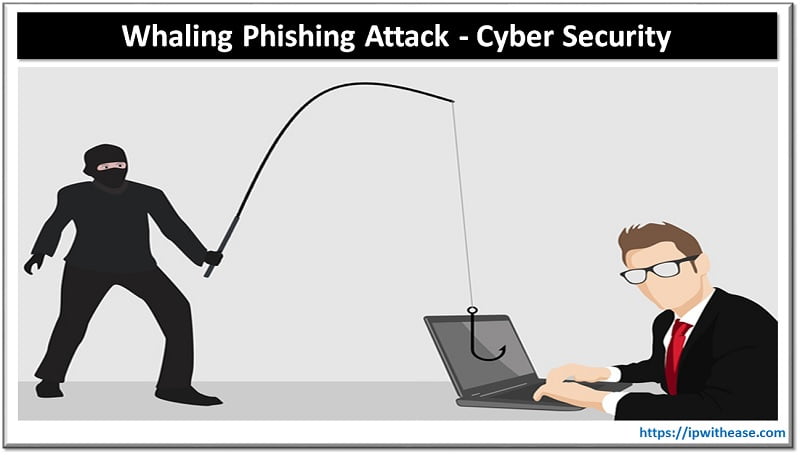Introduction: Managed Detection and Response (MDR)
Security services outsourcing has been approach of many organizations and has been gaining footprint over time. With the phrase “Managed Detection and Response”, we describe an advanced managed security service which provides threat intelligence, hunting, malicious monitoring, incident analysis and response.
This kind of service is different from traditional MSSP services, which only provides alerts from traditional security monitoring. The advantages of MDR are
- Advanced security analytics on endpoints, customer’s network and application’s behavior.
- Deeper detection compared to MSSP, which only rely on rules and policies.
- Uses Artificial Intelligence (AI) to manipulate those threats.
In MDR services, human elements are also involved during the process: Researchers and Engineers are responsible for monitoring networks, incident analysis and immediate response to security threats.
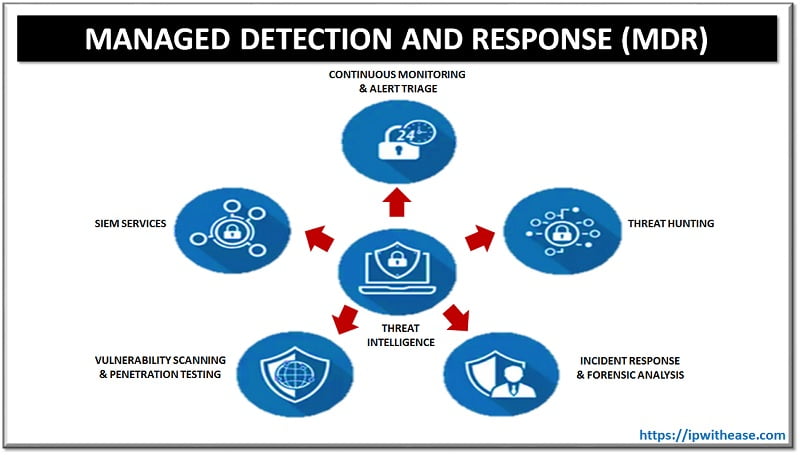
Main Categories of Managed Detection and Response (MDR)
In this competitive IT security world, many different vendor companies offer their own technology, tools and procedures in dealing and responding to those threats. On the other hand, most of the Managed Detection and Response (MDR) offerings have the following standard characteristics & offerings:
- Continuous Security Monitoring and Alert Triage: In this type of category, MDR’s service experts analyze network data and try to resolve security related alerts in order to find cyber threats hidden and undiscovered by traditional security tools. Most common tools include event logs, alerts, NetFlow, NIDS, SIEM, EDR, and IDS.
- Cyber Threat Hunting: The main concept of this type of category is the implementation of different type of strategies to hunt and identify threats that have already passed the information security controls. The key of success relies on the methods used in order to find the bad actor before data is stolen, altered or destroyed.
- Vulnerability Scanning: The idea behind this type of category is the research and analysis of company’s resources and IT’s infrastructure. In other words, a review of organization’s system and network is performed, in order to identify potential exploits and compromise avenues. This results in security posture and mitigation from weakness and security holes.
- Cyber Incident Response and Forensic Analysis: With this particular type of category, MDR team experts start remediation when an alert occurs in order to determine if the alert was triggered by a genuine threat. An expert experience is required in IR, network and forensic analysis. Various toolkits are also used to comprehensively analyze incident data.
- Security Information & Event Management (SIEM): When MDR companies are using this method, the basic idea is to optimize operations, administration and maintenance for customer’s SIEM instrumentation. This involves log aggregation, security data curation, threat analysis for alert events.
- Penetration Testing: A very common tactic followed by many companies nowadays. The key element is penetration testing which validates security controls are in place and working properly. Intelligent view of customer’s network through the eyes of both a malicious actor and an experienced cybersecurity expert helps to identify areas where security posture needs improvement.
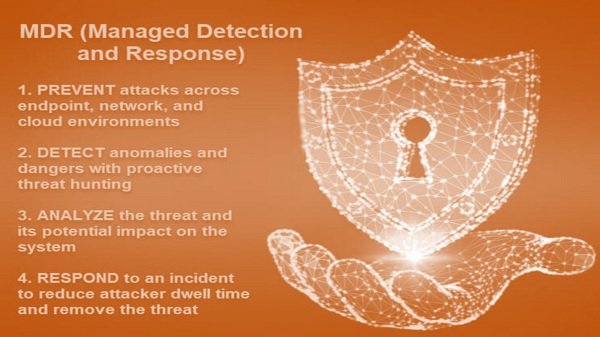
Advantages of Managed Detection and Response (MDR) Services
- System Integrity: The most effective advantage of having an MDR plan is the psychological confidence that your company’s system is prepared for any kind of cyber-attack that may lead to system failure. This will avoid common panic to employee’s behavior when a cyber-attack occurs in company’s system infrastructure.
- Business Relationship Improvement: Another important advantage of having an MDR plan is about strengthening of professional relationship with customers. The information in your IT department will secure any kind of activity and will improve the benefit of accurate quality of services. This instills trust between the company and the customer.
- Cost Resources Reduction: Similar to any private service, managed detection and response service companies allow customers to gain a team of experts at a reasonable price. For companies who don’t have the time or the cost resources, this is an effective benefit. Furthermore, some of the cyber tools used by these MDR companies are too expensive to buy or to maintain.
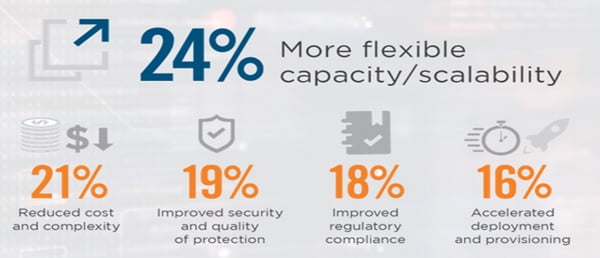
Conclusion
The response to workload implementation across individuals and organizations will continue to be at risk. As threat dangers continue to evolve, so do the techniques and activities to mitigate them. As an outcome of this situation, MDR vendors will quickly adapt coverage and capabilities in response to any effort to expedite detection and containment regardless of workload capacity.
Continue Reading:
Managed Security Service Provider (MSSP)
ABOUT THE AUTHOR

You can learn more about her on her linkedin profile – Rashmi Bhardwaj

